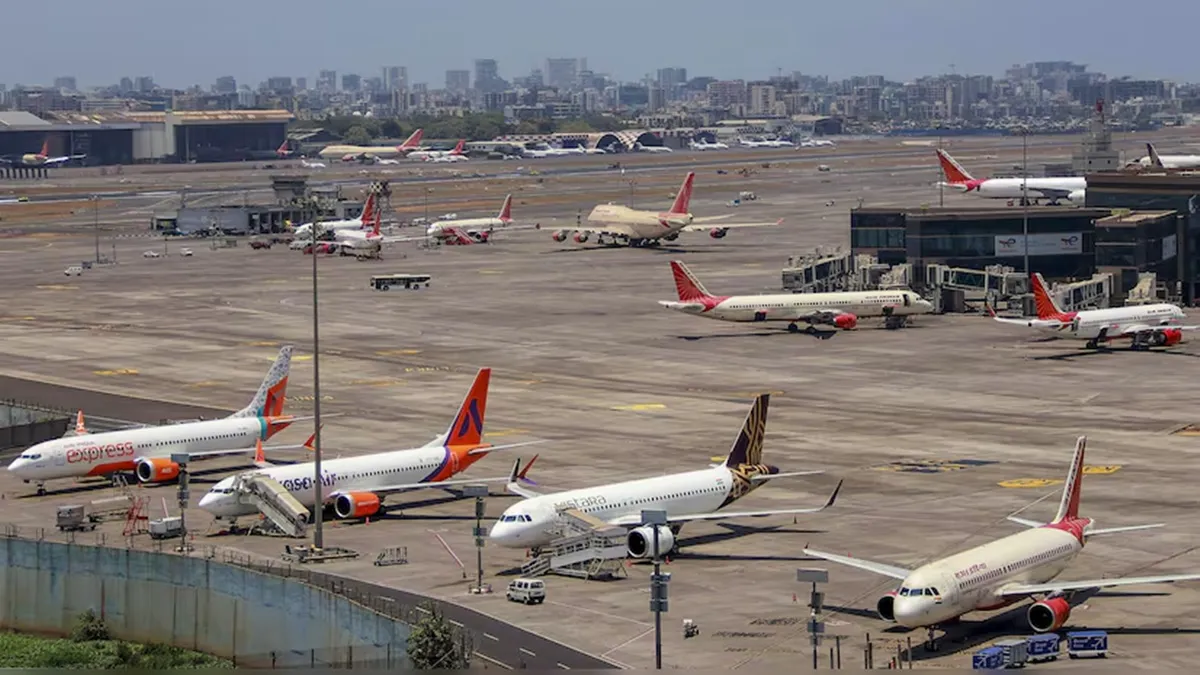The recent slew of hoax bomb threats (the number crossed 100 on Monday) received by Indian airlines is deeply disturbing. It appears that 2024 is the year of bomb hoaxes for India, as back in May, a similar pattern was seen with educational institutions. While such false threats are not new, the problem appears to have been exacerbated with social media — the current thread of threats have originated from now-suspended X accounts, with their IP addresses linked to Europe. Intercepting the culprits is made harder because VPN, which allows users to mask their IP addresses, helps create a series of red herrings for the authorities to follow.
With technological advances, playing this cat-and-mouse game often yields little results — even now, the perpetrators who have been intercepted have been few and far between, the latest being a 17-year-old from Chhattisgarh. The needle then turns to the law of the land, which is where provisions have been lacking. India has no specific law that pertains to providing false information to anyone that may incite mass panic, and thus far, the approach to such incidences has been a piecemeal one. Some are booked under the Indian Penal Code, where imprisonment varies from six months to three years, along with a fine.
Perhaps it is this ambiguity and, for the lack of a better word, leniency, which has led to this problem being what it is today. Seeing how serious these threats are and the panic and psychological distress they create for the passengers, their families, the authorities, and the exchequer, the punishment seems to be measly, and the motives even more ridiculous. From those intercepted in past years, their intentions have ranged from prank calls and interpersonal disputes to wanting to halt the flight as they were running late. This is a problem of our own creation. Were more stringent punishments in place, such incidents would not be seen as pranks or be taken so lightly by the perpetrators. The fact that authorities are still scrambling to identify the culprits is an embarrassment for the Indian law enforcement machinery, which does not augur well for the fast-growing Indian aviation industry.
It has been reported that the ministry for civil aviation has been studying the guidelines of the International Civil Aviation Organization, as well as from other countries. One can hope they take a page out of France’s book, as the nation underwent a very similar scenario last year around the same time. The French law enforcement launched 22 investigations and made 18 arrests, the majority of which were minors. French law also states that such hoaxes are punishable by a three-year imprisonment and a €45,000 fine. Other countries with stringent anti-bomb hoax laws include the US (five-year imprisonment with a $5,000 fine) and the UK (imprisonment up to six months and a £1,000 fine). This is in stark contrast with Union minister of civil aviation Kinjarapu Ram Mohan Naidu’s statement on Monday that the hoaxes are “isolated incidents” and that the Centre was attempting to amend the aircraft security rules and put the culprits on a no-fly list for several years. This “strong stance” will hardly be enough. With the advent of technology, the law enforcement of the land must evolve to keep up with cybercriminals. It would be best if India cracks down on such incidents and devises an approach which deters perpetrators.


